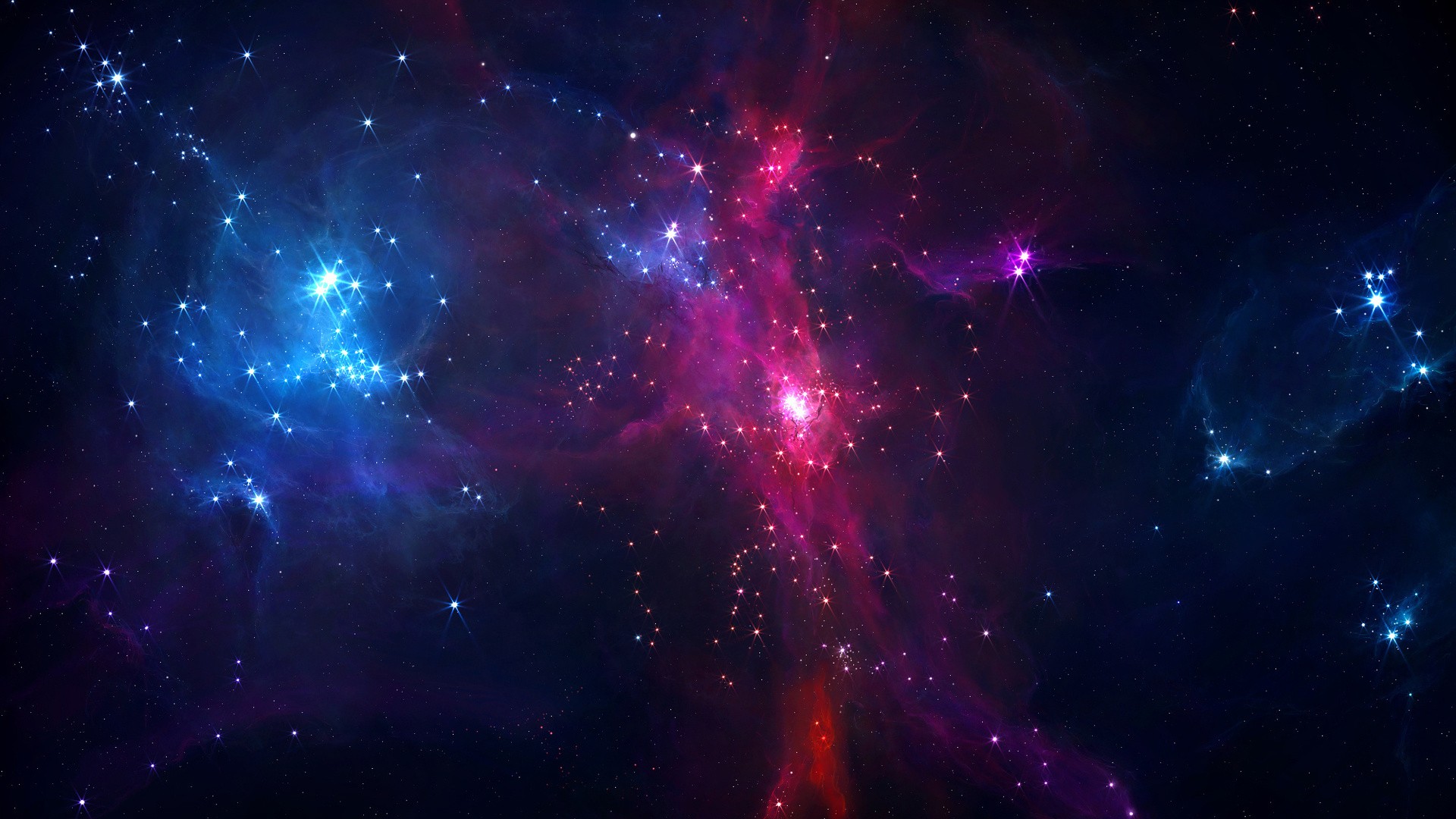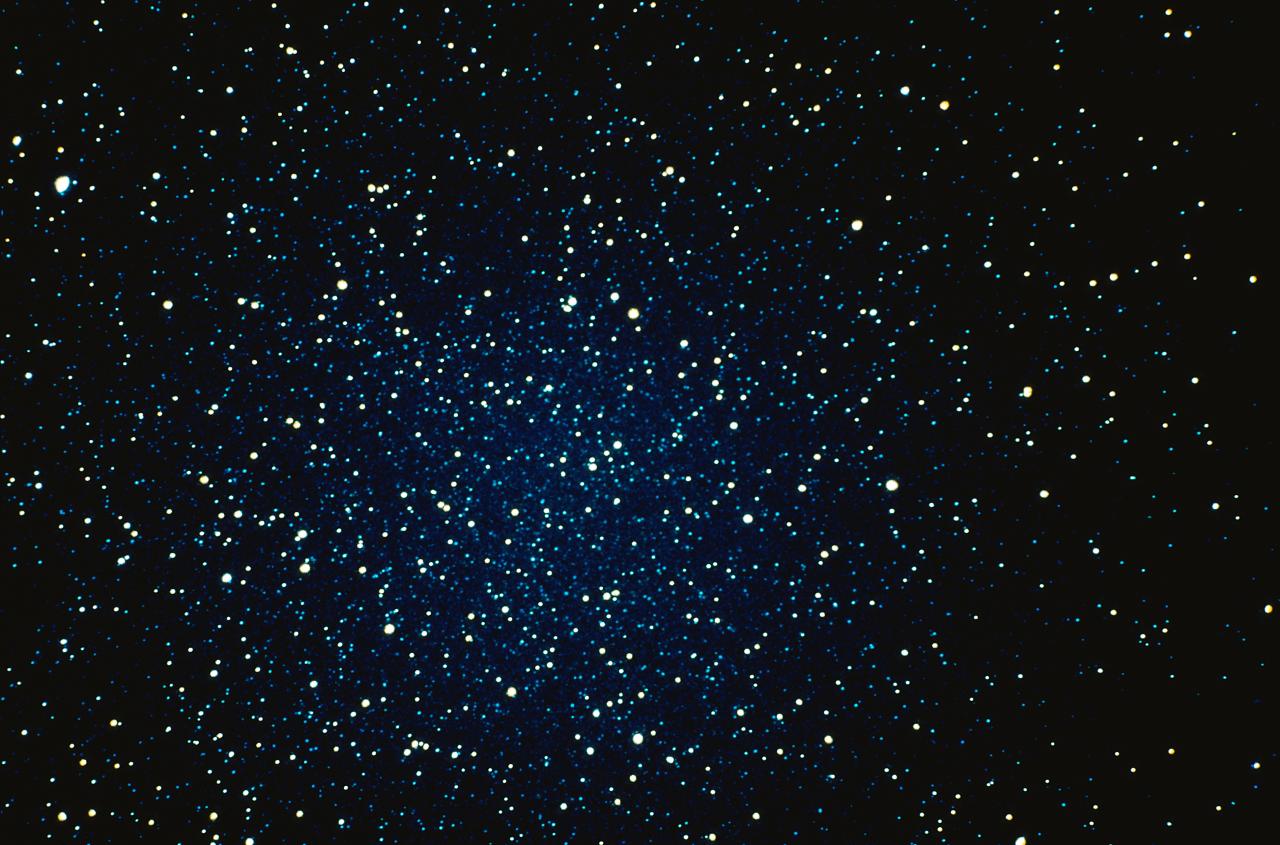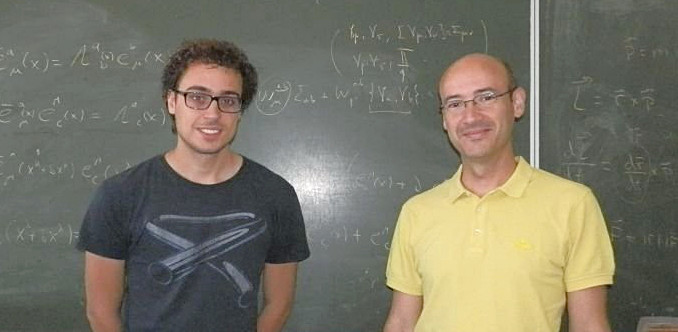
By using a space-time quirk first predicted by Einstein, the Hubble Space Telescope has also made it clear that our theories to explain the evolving universe are far from complete.

Fast radio bursts, powerful pulses of radio energy of unknown cosmic origin, are a source of endless fascination to astronomers and alien conspiracy theory fodder to everybody else. Last year astronomers discovered the very first FRB signal that repeats and now they've pinpointed its location.

A new paper published by scientists from the Griffith’s Centre for Quantum Dynamics claims that parallel universes do exist.

The hypothesis is cosmological natural selection, and its power, beauty and logic provide what may be the best scientific explanation for the existence of complexity and life in the universe.

Finding evidence of gravitational-wave memory could help solve the black hole information paradox.

Despite the headlines, no alleged signals from ET have ever been confirmed. Yet far from being put off their search, scientists are stepping it up.

A new study confirms some ideas about where X-rays come from, shedding light on our solar neighborhood's early history. But it also reveals a new mystery -- an entire group of X-rays that don't come from any known source.

The hydrogen ions travel at 99.999,999,1 per cent of the speed of light. Their time slows down by a factor of 27,777,778. One second for one of these protons is about 11 months for us.
An international team of astronomers led by Italian Claudio Maccone has published the first preliminary data on the signal, which comes from a star 95 light years away.

A recent study by researchers at the Institute of Corpuscular Physics in Valencia suggests that matter might in fact survive its foray into these space objects and come out the other side.

"Tabby's Star" has dramatically dimmed. Something passed in front of it, dimming its starlight a whopping 20 percent and other jumbled transit signals revealed that something wasn't quite right with this particular star.

Antimatter is at the heart of one of the great mysteries in modern physics — why our universe has stuff in it.

While some might take the total absence of contact from aliens as a rather bleak sign that our search for extraterrestrial life is all in vain, a new study explains why we shouldn't give up hope just yet – we just need to exercise a little patience.

Remove the singularity and a wormhole appears in the center of a black hole -- but is it traversable?

Travel to the past is probably impossible. But the future is a different story.